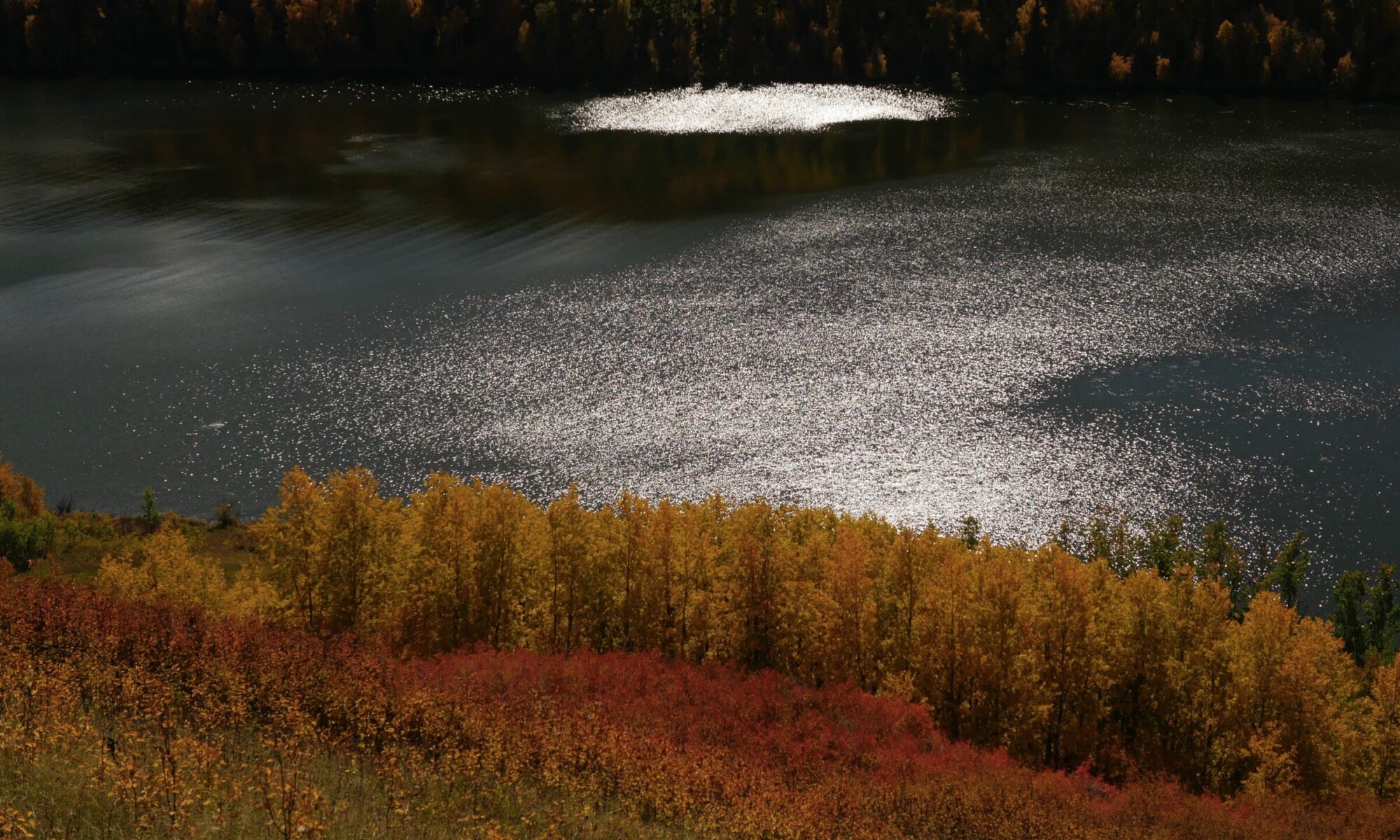“Indigenous” so often carries connotations applied to it by invasive forces. The notion that to be indigenous is at its root a harmonious quality and that it is, in fact, a quality innate to each of us is indeed refreshing. As Kaylynn Twotrees suggests in her essay, “Indigenous Mind”, it is a notion that lends itself to the unity of all people. At the most basic level, we are all sustained by the same sources of life— land, air, water and as many would hold, the Creator of those gifts.
With the understanding that none stand apart from another, there is hope that we might seek to revive our awareness of, and gratitude for, the Earth and all that sustains us. Without this philosophy, environmental decline and social conflict replace sustainable living and healthy community.
Only a rich philosophy learned by experience and strengthened by action is meaningful and real. Twotrees’ experience of nature exemplifies this idea. She calls this philosophy one of “indigenous mind”. As she makes herself present in her surroundings, she learns the essence of nature in a way that leads her to strong convictions. It seems that her experience could be no different. She had only to create a space in her mind and soul and the rest followed naturally.
Recognizing the inseparability of nature and humankind is integral to the development of a responsible land ethic. If it is true that each of us has an indigenous mind, we have but to allow ourselves the opportunity to cultivate a certain intimacy with Creation. Certainly community can encourage these opportunities.
Speaking from my own spiritual journey, the land is one element through which we can foster a spiritual relationship with the Creator. For others, there is a spiritual relationship with the land itself. This spiritual facet of our relationship with the land is important, but there is a risk, especially through poetry and prose, that the connection is reduced to feelings and experiences, flaunted by imagery and aesthetic language. Both experiences and the expression of them are of course significant and valuable, but they are feeble and dangerous in the absence of concrete thought and action. If an experience is real and not crafted, it will inevitably become influential in one’s life and redefine one’s very person. It is precisely when the expression of experience no longer reflects tangible transformation that we should be wary. Thus, one must live and breathe a philosophy inspired by Creation, and realized by stewardship.
– Hans

YES!
Excellent Hans.
Thank YOU.
Beyond nature romanticism, stewardship of creation calls us both to be healed by creation and its Creator and then participate in the healing of our bruised and damaged land, water, air and communities.
That last paragraph is so powerful, Hans. I’m guessing you’ve read Freire. So enjoy that gentle reminder that action is where synthesis presents.
“She had only to create a space in her mind and soul and the rest followed naturally”
As I was reading this I was reminded of a moment in meditation when I realized that the air – my breath – WANTED to enter my body. I merely had to make space within myself and it would enter. It’s not so much that we suck in the air when we breathe, but that we make space for it to come into the places it already wants to be.
I like that you indirectly address the reification of nature in this article — we are not separate from nature and the land that supports us. Nature is not something ‘out there’ for us to experience standing on top of a mountain and only for us to appreciate when we are in awe of it. We should be in awe of ourselves and in our bodies as nature, and begin seeing it as a fluid concept rather than apart of our human existence.